You are here
New Releases
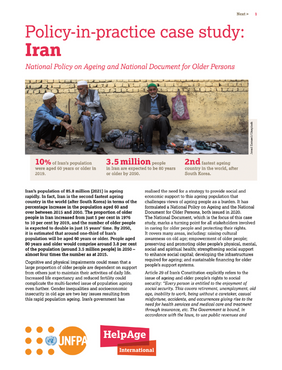
Iran: Policy-in-practice case study
The UNFPA Asia-Pacific Regional Office (APRO) in partnership with HelpAge International undertook a collaborative research project to identify and explore population ageing policy interventions that offer insights into potential good practice to support implementation and adaptation of ageing policies across the Asia-Pacific region.
This is the case study of national population ageing policy interventions in Iran.
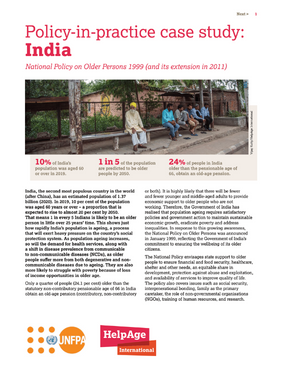
India: Policy-in-practice case study
The UNFPA Asia-Pacific Regional Office (APRO) in partnership with HelpAge International undertook a collaborative research project to identify and explore population ageing policy interventions that offer insights into potential good practice to support implementation and adaptation of ageing policies across the Asia-Pacific region.
This is the case study of national population ageing policy interventions in India.
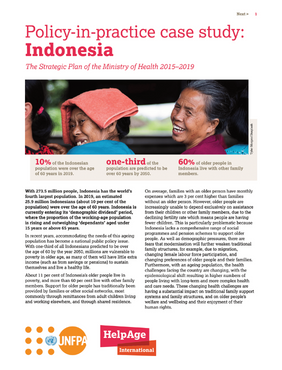
Indonesia: Policy-in-practice case study
The UNFPA Asia-Pacific Regional Office (APRO) in partnership with HelpAge International undertook a collaborative research project to identify and explore population ageing policy interventions that offer insights into potential good practice to support implementation and adaptation of ageing policies across the Asia-Pacific region.
This is the case study of national population ageing policy interventions in Indonesia.
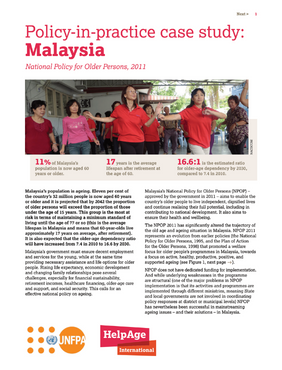
Malaysia: Policy-in-practice case study
The UNFPA Asia-Pacific Regional Office (APRO) in partnership with HelpAge International undertook a collaborative research project to identify and explore population ageing policy interventions that offer insights into potential good practice to support implementation and adaptation of ageing policies across the Asia-Pacific region.
This is the case study of national population ageing policy interventions in Malaysia.
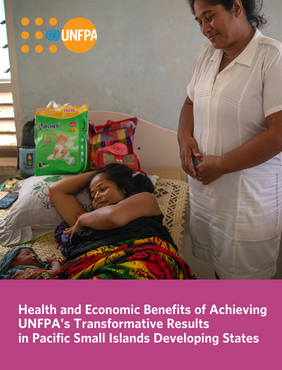
Health and Economic Benefits of Achieving UNFPA’s Transformative Results in Pacific Small Islands Developing States
This study focuses on tackling two of the most pressing national priorities for health and women’s economic empowerment and the realization of their human and reproductive rights in five Pacific countries. The Investment Case also provides evidence to governments, in the wake of the COVID-19 pandemic, or in the context of disrupted health systems due to the adverse effects of climate change or natural disasters, on how to prioritize health interventions and ensure the inclusion of family planning and maternal health services in essential health benefits packages and universal health coverage.
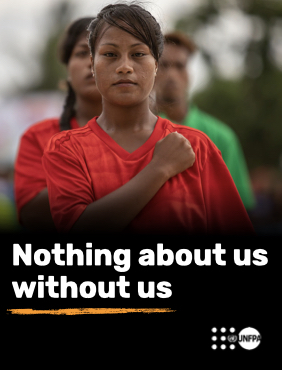
Nothing about us without us
Stories of youth-led transformations from across Asia and the Pacific.
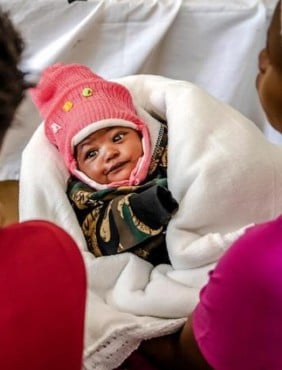
The Global Population Will Soon Reach 8 Billion—Then What?
Later this year, on 15 November 2022, the world population is projected to reach 8 billion. Seventy years ago, in 1952, it stood at 2.5 billion; and 70 years from now, by 2092, it will have grown by another 2.5 billion over current levels. Global population growth has been the overarching demographic story for decades and will remain a predominant trend for many years to come. Underneath this trend, however, lies growing demographic diversity.

Beyond Marriage and Motherhood
This paper builds on the first paper in series, Beyond Marriage and Motherhood: Patterns and Trends in Southeast Asia and the Pacific, by discussing a targeted approach to adolescent pregnancy, child marriage and early union. It explores evidence-based interventions to address adolescent marriages, unions and pregnancies and provides recommendations for tailored action, based on the respective drivers and context.

Beyond Marriage and Motherhood
This paper explores adolescent pregnancies, child marriages and early unions in Southeast Asia and the Pacific by investigating their prevalence, trends, drivers, patterns and typologies. It highlights that whilst there is considerable heterogeneity across the region, in many settings, progress to address these issues has stalled. The paper proposes the differing patterns of adolescent pregnancy, child marriage and early union observed require different intervention strategies. In doing so, it lays the foundation for the second paper in the series Beyond Marriage and Motherhood: Tailoring Programme Interventions for Southeast Asia and the Pacific.
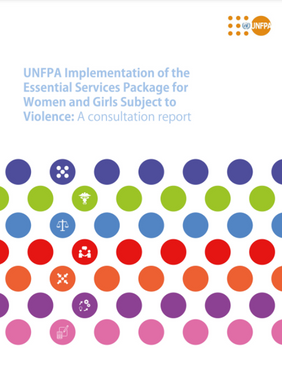
UNFPA Implementation of the Essential Services Package for Women and Girls Subject to Violence: A consultation report
The Essential Services Package (ESP) for Women and Girls Subject to Violence is a global guidance supporting national systems to respond to gender-based violence across four key sectors: health, social services, justice and police. The ESP guidelines include sector-specific modules for service provision, as well as a module on coordination, on implementation and a costing tool.
The ESP was launched as a UN Joint Global Programme in 2013. During Phase I (2013-2015), the ESP guidelines were developed and published in 2015. These were piloted in 10 countries during its second phase (2016-2019). Given the success and relevance of the guidance, UNFPA supported implementation in over 80 "self-starter" countries. Through a number of consultations with 120 staff members representing 62 countries, UNFPA took stock of progress in implementing the ESP. The consultations aimed at collecting successes and key lessons learned, understanding monitoring and evaluation processes, gathering experiences of GBV sector coordination in the context of the COVID-19 pandemic, and identifying needs and priorities for support during Phase III.
This report provides a summary of UNFPA key achievements in rolling-out the ESP, identifies good practices and outlines the key role the ESP has played in maintaining access to services for survivors during the pandemic and as part of the Spotlight Initiative. Furthermore, as a central tool for guiding safe, effective and comprehensive provision and coordination of services for survivors of GBV, the ESP has the potential to be expanded and strengthened during Phase III. In this report, UNFPA identifies nine areas for acceleration and provides recommendations for action to move it forward.